It can be worrying, stressful and embarrassing when your dog is constantly barking at others. For many owners, this can take the pleasure out of dog walks and can set them on edge when another dog comes nearby. Their dog may react to every dog, or might only react to a select few.
While dogs communicate by barking and it is a natural behavior, when it is becoming an issue then something needs to be done.
- Dogs bark at others due to excitement, stress, or being territorial.
- Keep reactive dogs on leashes to prevent aggression or injury.
- Desensitizing and high-value treats help reduce dogs' barking.
- Punishing a dog for barking can worsen their anxiety and behavior.
- Professional trainers can create plans to address nuisance barking.
It is not always easy to stop a dog barking, especially when it is something they’ve been doing for a long time. However, there are definitely things that can be done to reduce your dog’s stress levels and reduce their reactivity.
The information provided herein is for informational purposes only. Please refer to our disclaimer for more details..
- Why do some dogs bark at other dogs?
- Should you keep a reactive dog on a leash?
- How do I stop my dog from reacting to other dogs on walks?
- Should I punish my dog for barking at other dogs?
- Should you always stop a dog from barking?
- What is the best way to distract your dog?
- What should I be doing when out on a walk?
- What is the 3 bark rule?
- Should I use a professional dog trainer?
- Can you teach your dog to stop barking entirely?
Why do some dogs bark at other dogs?
Image credits: Bundo Kim.
Dogs will bark at other dogs for a huge variety of reasons including:
- Greeting
- Excitement
- Frustration (for example, if on lead but they want to go somewhere)
- Anxiety, fear, or stress
- Aggression or hostility
- Acting territorial
- Acting possessive or protective of their owner
Barking is a natural thing but it can become excessive or inappropriate. If your dog starts barking every time they see another dog or their barking is getting out of control, we want to do something about it.
Should you keep a reactive dog on a leash?
In general, yes. When a dog is lunging, barking, or whining to get to another dog and can’t be trusted to walk to heel, they need to be under your control at all times. This is not only in case they may react aggressively, but also in case the other dog is not well-socialized and could injure your dog.
It is not unusual for dog owners to have to keep their pet on a leash at all times, making walks safer for everyone involved. In the ideal world, your dog would have some off-leash time and playtime in a dog park, but it can take many months or even years of training to get to this point with a reactive dog.
How do I stop my dog from reacting to other dogs on walks?
Ideally, all puppies will be well-socialized from a young age. This means having them spend time with well-mannered dogs and providing positive experiences and encounters with canine companions.
The aim is for them to see other dogs as a good thing, or even as a boring thing. We do not want them to be fearful, which can happen if they’re not exposed to them enough or if they have negative experiences when young.
If a dog is already reactive, you’ll need to work on this, perhaps with a behaviorist or trainer. This means building confidence over time and desensitizing them to other dogs.
Oftentimes praise and high-value treats will form a big part of the training, as we reward the dog for remaining calm and not barking in another animal’s presence.
Should I punish my dog for barking at other dogs?
Image credits: Per Lööv.
No, we should absolutely never punish or reprimand our dog for this. When your dog is barking, it is often linked to anxiety, and any sort of punishment will actually worsen the issue.
While it can be frustrating when your dog barks, shouting at them or pulling them harshly is not the most effective reaction.
Indeed, if we get heated and react, this will usually worsen the behavior, and your dog will learn to get your attention in this way. Rather, we want to remain calm and collected and to re-direct our dog to something else. This may mean giving a command like ‘sit’ or asking them to cross the street.
If you have a barking dog and are still working on their training, it is sensible to minimize contact with other dogs temporarily if you know it will lead to a reaction. Take your dog out during quieter periods of the day and change routes as needed if you see another dog in the distance.
Should you always stop a dog from barking?
A few ‘happy’ barks are not generally an issue and many pooches get excited when they see a dog they know or want to play with. This is only natural and your dog should feel able to express themselves naturally as long as it is not an excessive amount of barking or barking coupled with other behaviors like lunging or jumping up.
What is the best way to distract your dog?
You may choose to give your dog treats when they are quiet and another dog is walking by. This sort of positive association is beneficial for two reasons.
Your dog learns that not barking gets them a reward, while they also start associating the presence of another dog with good things happening, thus reducing any anxiety. These should be really high-value treats, so it is worthwhile for your furry friend.
Depending on what they like, this may mean e.g. some cheese, sausage, or chicken.
Another good option for distraction is to ask your dog for a command (like ‘sit’, ‘wait’ or ‘watch me’). This focuses their attention on you and helps keep their mind off the other dog. When they obey the command, they should always be rewarded.
Some owners will use a toy to distract their dog, especially if they are not food-driven. This may mean a tug toy or ball, which is ‘rewarded’ to the dog for not barking.
What should I be doing when out on a walk?
This is a very important question, as many owners are unaware of the impact they themselves have on dog behavior. It can be instinctive to react when you see another dog coming, as you pre-empt what your dog is about to do.
This can include stiffening up, pulling the leash closer, speaking sharply to your dog and making your voice shrill. All of these things are just going to increase your dog’s stress levels and will make it more likely your dog may bark.
Rather, try to consciously keep your body loose and calm. Let your dog know, from your body language, that there is no threat and no need to react. Walk confidently along, at a distance from the other dog walker where you know your dog shouldn’t react.
What is the 3 bark rule?
As discussed above, a dog who is vocal at times is normal and not to be discouraged. Some owners have decided on a ‘3 bark rule’ (or similar), whereby they are happy to tolerate a small number of barks and train their dogs to stick to 3 barks or less.
This enables them to bark at appropriate times, for example, a quick greeting or an ‘alert’ bark if they sense something is amiss.
Should I use a professional dog trainer?
Oftentimes, nuisance barking and anxiety around other dogs can be a very difficult issue to resolve, and having the help of a trained professional is something to be welcomed. They can assess your pooch, determine why they bark so much, and make a tailored plan to address this.
Their wealth of experience should enable you to get to the bottom of the issue promptly, and to see changes soon. Of course, they cannot ‘fix’; the issue for you, but will tell you the steps to follow and start the work off in guided training sessions. Sticking to their guidance consistently should yield good results.
Can you teach your dog to stop barking entirely?
It should never be the aim to create a ‘mute’ dog. It is important for your dog to have a means of vocal communication, whether around other dogs or in other situations. Expecting them to never bark is an unrealistic and unfair aim.
Give your dog the chance to succeed. Asking them to never bark at all is only setting them up for failure.
2Kviews
Share on FacebookExplore more of these tags
My reactive dog is working on "come tell me" when she sees something she wants to bark at while in the yard. She gets 2-3 barks and then she's supposed to come to me, at which point she stops because she's distracted by me. She's always on high alert and is socially inappropriate with new dogs, so my other dog is also working on "go get her" to provide a distraction for her if she's overly focused on something or someone.
Tried the "no punishment", "positive association" c**p for over a year, never got my dog to calm down. Other dogs, people, trucks ... whatever, she'd lunge at everything and everyone. Had enough, started "yanking" the leash and make her sit down every time she freaked out. After a while it worked fine, now she's the cool and calm one while the other dogs freak out. Can't solve everything with positivity. Dogs are simple, they're used to a hierarchy and sometimes you have to pull the "I'm the boss and you do what I say" card.
My reactive dog is working on "come tell me" when she sees something she wants to bark at while in the yard. She gets 2-3 barks and then she's supposed to come to me, at which point she stops because she's distracted by me. She's always on high alert and is socially inappropriate with new dogs, so my other dog is also working on "go get her" to provide a distraction for her if she's overly focused on something or someone.
Tried the "no punishment", "positive association" c**p for over a year, never got my dog to calm down. Other dogs, people, trucks ... whatever, she'd lunge at everything and everyone. Had enough, started "yanking" the leash and make her sit down every time she freaked out. After a while it worked fine, now she's the cool and calm one while the other dogs freak out. Can't solve everything with positivity. Dogs are simple, they're used to a hierarchy and sometimes you have to pull the "I'm the boss and you do what I say" card.

 Dark Mode
Dark Mode 

 No fees, cancel anytime
No fees, cancel anytime 


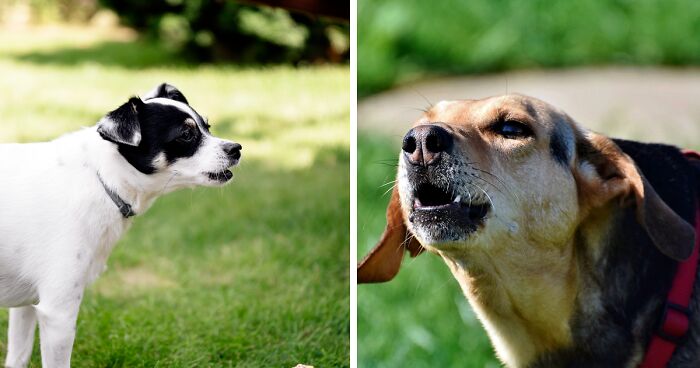
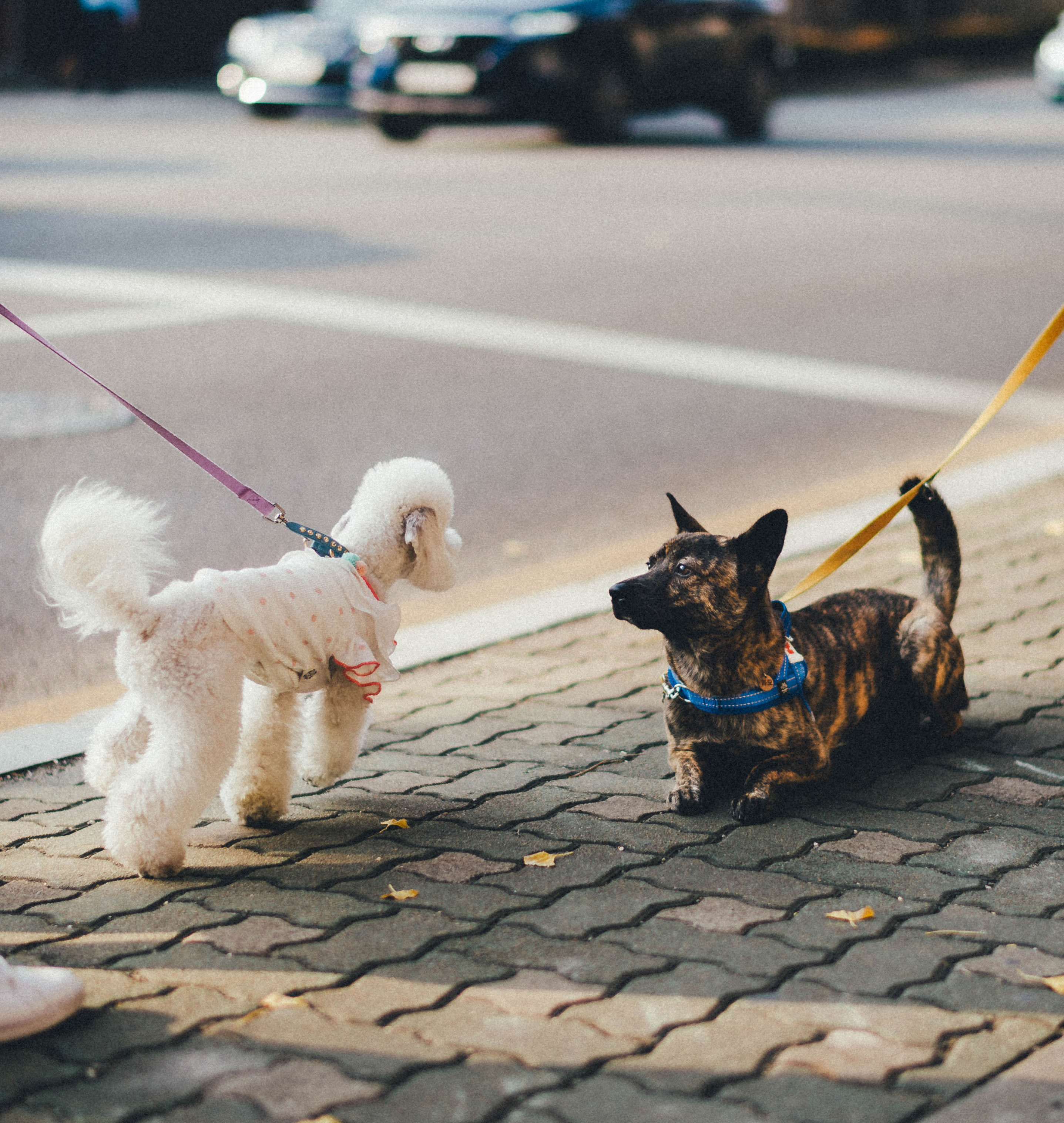
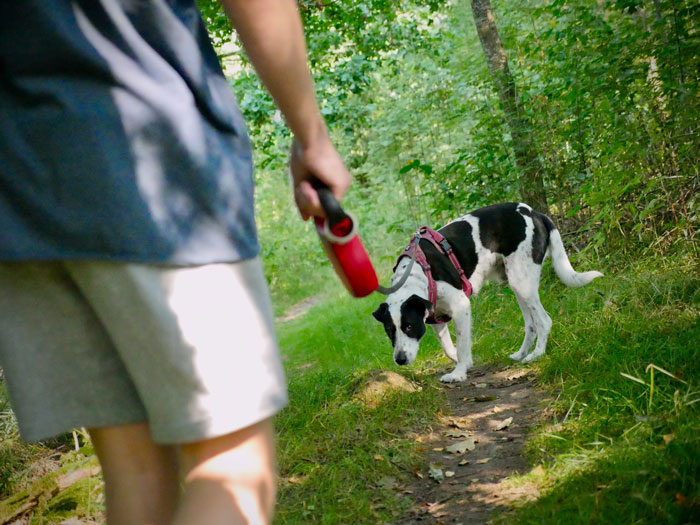































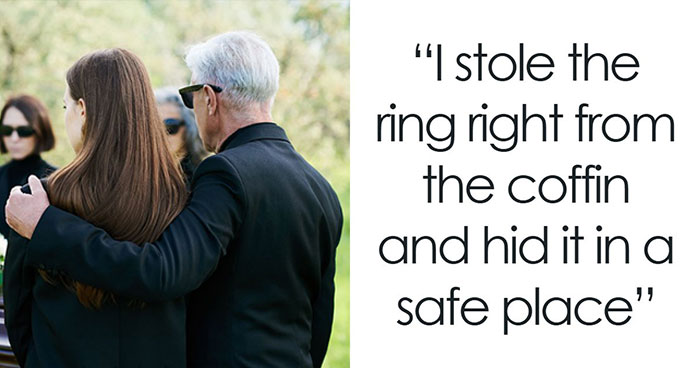
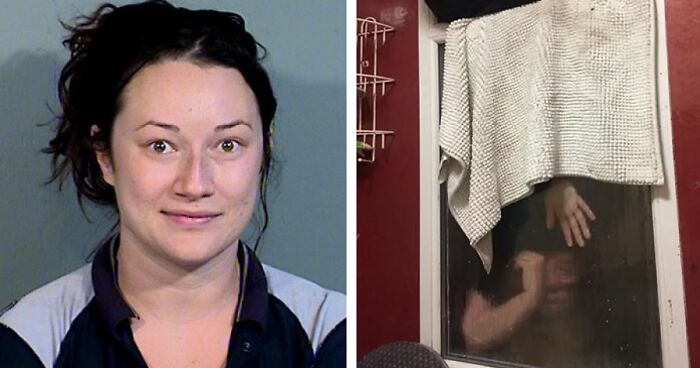










11
2